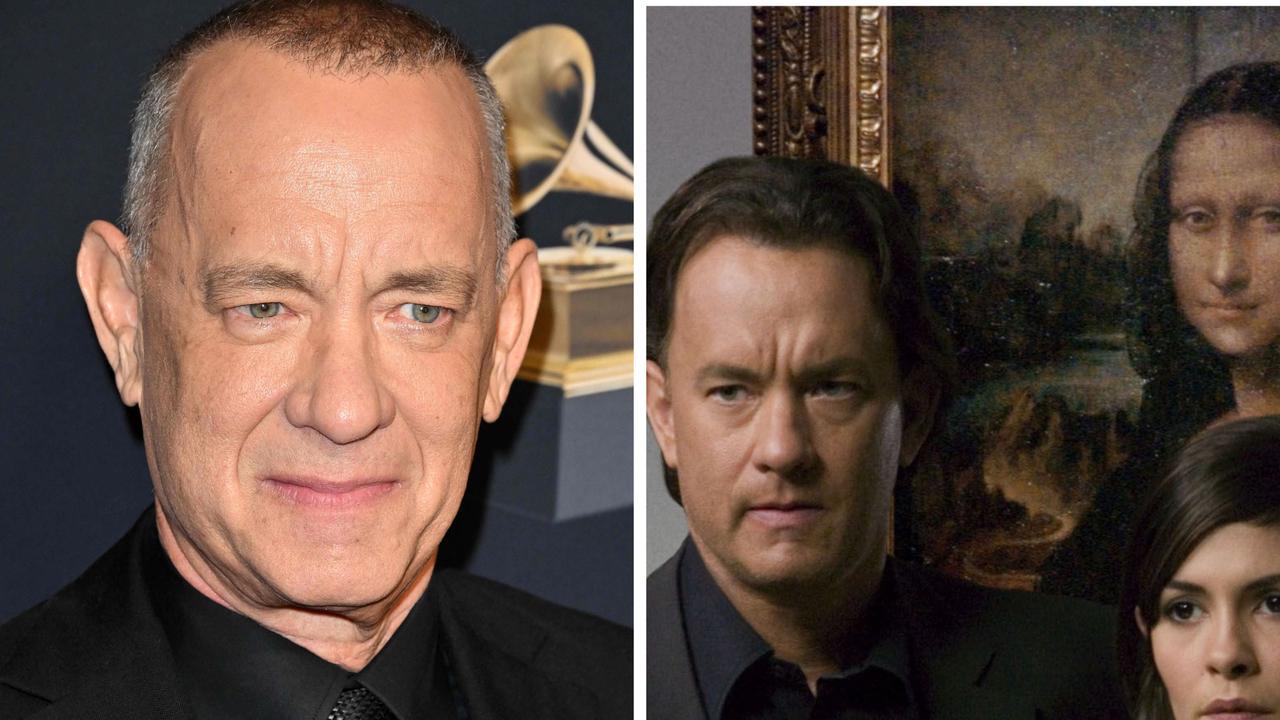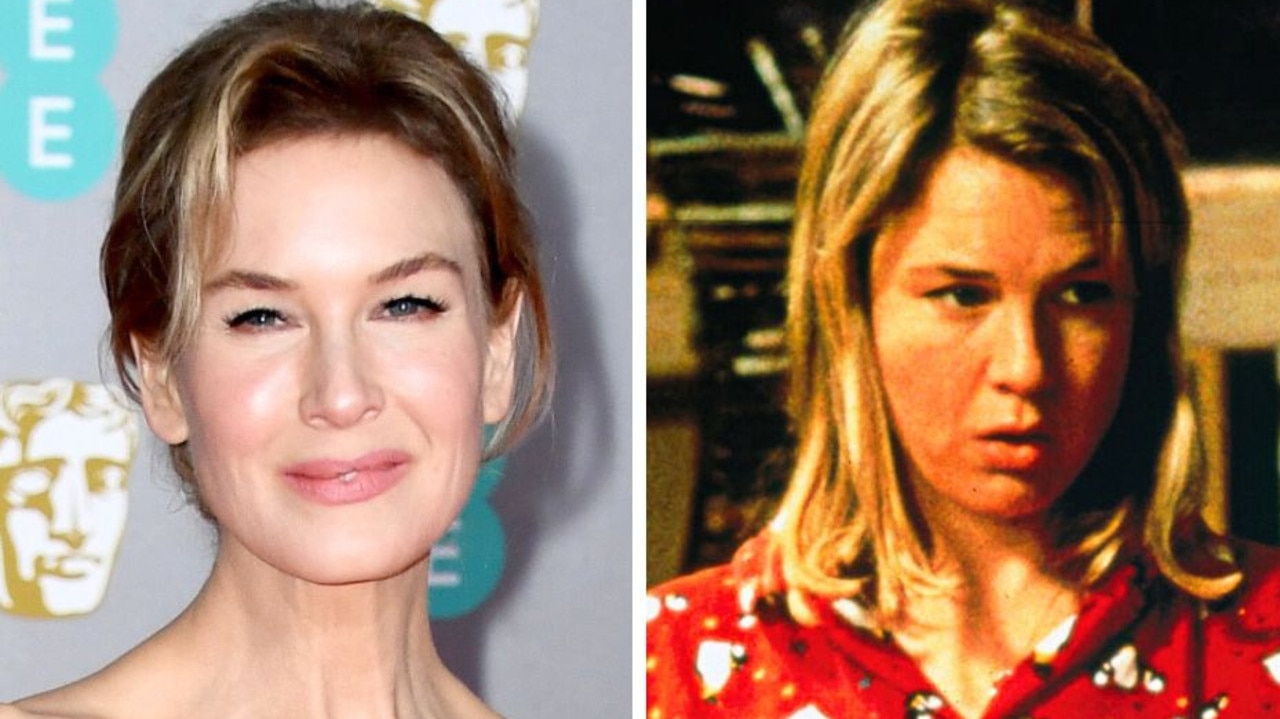‘It didn’t impress me terribly much’: Why legendary Australian critic David Stratton was ‘wrong about The Castle’
It is one of Australia’s most beloved movies but David Stratton – the reverred movie critic – has revealed a bombshell about his first impression of The Castle.
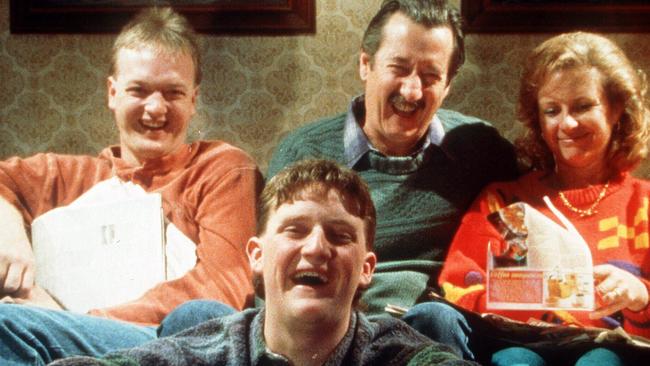
Movies
Don't miss out on the headlines from Movies. Followed categories will be added to My News.
Less than a year after he called time on his 57-year career, David Stratton – the movie critic – is back with a new book chronicling three pivotal decades in Australian film.
The 85-year-old joins the Stellar podcast Something To Talk About to look back on his long-running partnership with co-critic Margaret Pomeranz, the moment that landed him in hot water with Julie Andrews, and the movie so awful that he walked out of the cinema.
Stellar: Many people remember you fondly from your on-air partnership with Margaret Pomeranz, which spanned two movie review shows that aired for 28 years and made you one of the most famous double acts in Australian television. Why do you think it struck such a chord?
David Stratton: I honestly don’t know. It came as a surprise to us. I was a film nerd; I had been since I was a kid. I’d gone to every film I could, no matter what it was. Margaret was a much more regular filmgoer. She’d gone to see films she thought sounded interesting. The combination of those approaches seemed to work quite well. And people seemed to like the banter between us. But I don’t understand why it was so popular.
Listen to the full interview with David Stratton on the latest episode of Something To Talk About:
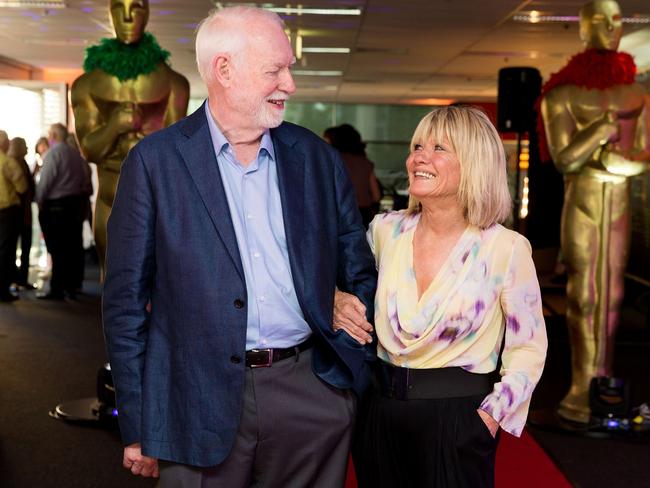
Have the two of you kept in touch?
Very much so. We talk probably once a week on the phone. It’s always a pleasure to chat to Margaret. We get on very well.
There were moments when you had a civil disagreement, or one of you may have felt misunderstood, when you were on air reviewing movies. Did that tension ever spill off the set?
Obviously, we’d disagree. Otherwise, Margaret couldn’t have come out with her famous line of “Oh, David!” But it never spilled over after the show. We usually went out and had lunch, and a glass or three of wine.
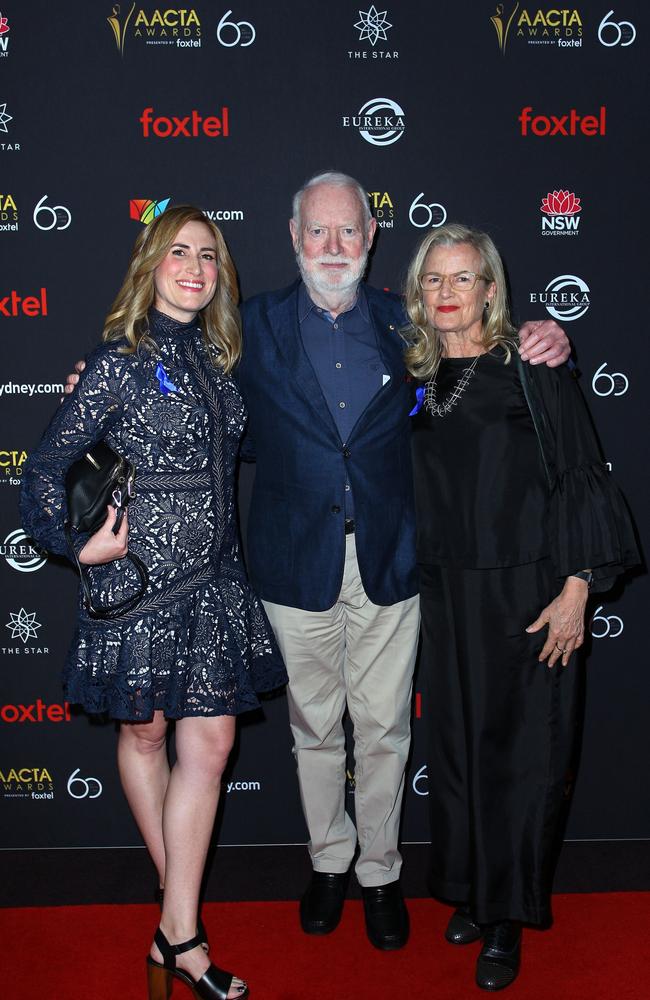
Margaret now makes appearances on YouTube doing reviews, in her characteristic style, of some pop-culture moments. Is there any chance we’ll see you on YouTube soon?
No, I don’t think so. I’m afraid I’m very much an old media person. I’m sorry. There’s no chance of that.
Your new book Australia At The Movies splits Australian cinema from 1990 to 2020 into categories. For comedy, it includes films like Muriel’s Wedding, The Adventures Of Priscilla, Queen Of The Desert and The Castle, but for a country that prides itself on its sense of humour, not as many classic comedies as we’d expect. What are your thoughts on that genre in modern Australian cinema?
Comedy is the most difficult genre to do well, because comedy means different things to different people. What I think is funny, you may not. It’s hard to get across to a wide audience. When I first saw The Castle, it didn’t impress me terribly much. The humour wasn’t on my wavelength. I’ve seen it since, and I appreciate it much more.
Listen to the full interview with David Stratton on the latest episode of Something To Talk About:
What film would you recommend to anyone who felt they haven’t seen enough Australian cinema?
High on the list would be Samson & Delilah by Warwick Thornton, about two Indigenous kids living in the outback. It’s a love story in which no words are spoken, a wonderful film. I also love Charlie’s Country, the last film with David Gulpilil [in a lead role]. Then big films like Muriel’s Wedding, Adventures Of Priscilla … I like Animal Kingdom enormously. Lion …
You met and interviewed many famous actors, filmmakers and screenwriters. When you reviewed a movie negatively, or had feedback that may not have been received in the spirit in which it was intended, were there any awkward or memorable moments that stood out?
I was, for 20 years, reviewing films for the American newspaper Variety. It’s read by everybody in the film industry. There was a [1986] film by Blake Edwards called A Fine Mess, and it was a mess. They had a preview in Sydney before they had a preview in America. I sent a note to my editor and said, if you want a review, I can do it. And they said yes, please do it. So I wrote this very negative review, and heard afterwards that Julie Andrews [who was married to Edwards from 1969 until his death in 2010] rang Variety to complain and ask, “Who was this David Stratton in Sydney who saw this film?” Because Blake was not happy. Apparently he was reading it over breakfast and choked on his cereal or something.
Has there ever been a film you couldn’t get through?
[The 2016 film] Assassin’s Creed by an Australian director called Justin Kurzel. I didn’t have to review it – I’d never walk out of a film I had to review. After about an hour, I thought, I cannot stand this. This is just awful. And I walked out.
We live in a time when people are policing opinions and the role of culture, but also criticising work that was made five, 15, or 55 years ago through the prism of our current values. How do you feel about that?
I don’t approve of it. Roman Polanski may have done bad things in his life, but Chinatown is a masterpiece. Nothing will alter that. Woody Allen, who has been accused of things – now his films aren’t shown in America. I think that’s wrong. If you start banning films by people who were accused of doing bad things, you would never look at a Charlie Chaplin film. [He] did some pretty bad things. Errol Flynn did some pretty bad things. I’m not condoning the actions of the filmmakers. I’m just saying that the art they created should not be confused with the character of the filmmaker or the artist. Anyone can now fire off an online review, and a film can be “over” before it’s begun.
What might your career have looked like if you were starting out now?
A very different time. I was looking up a cafe that I like [and] the first review was terrible. Half a star, complaining about this and that – none of which I’ve experienced in this particular cafe. I thought, how damaging this must be. The same thing is happening with movie reviewing. But there’s nothing you can do about it. It’s understandable to want to post your comments, even if they’re uninformed.
Are you a better reviewer because you know something about the history of cinema?
I think so … but maybe it’s not necessary. Also the capacity to self-reflect that’s evident in how you talk about reconsidering past opinions on films. I was never the kind of critic that wanted to attack a film or filmmaker or actor. [They] pour heart and soul into making a film. You can criticise it without being vindictive. I wanted to say: look, this and this. But never to demolish the whole thing. That was my aim. I don’t know if I succeeded.
David Stratton’s book Australia At The Movies (Allen & Unwin, $39.99) is out this Tuesday. For more from Stellar and the podcast, Something To Talk About, click here.
Read the full interview with David Stratton in the latest issue of Stellar, out on Sunday.
More Coverage
Originally published as ‘It didn’t impress me terribly much’: Why legendary Australian critic David Stratton was ‘wrong about The Castle’



